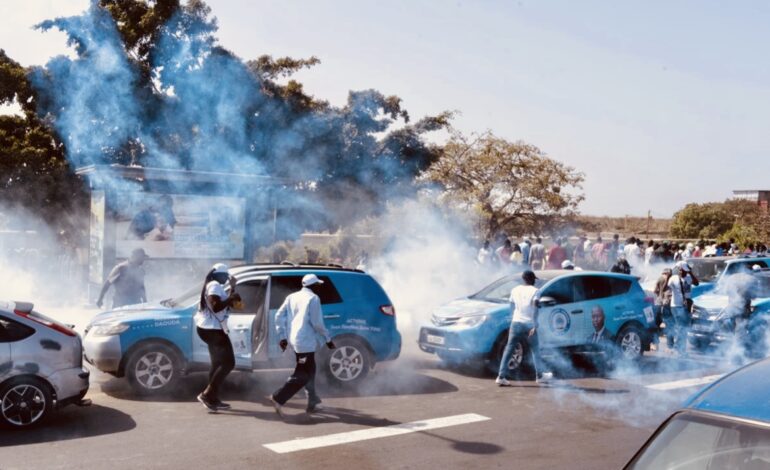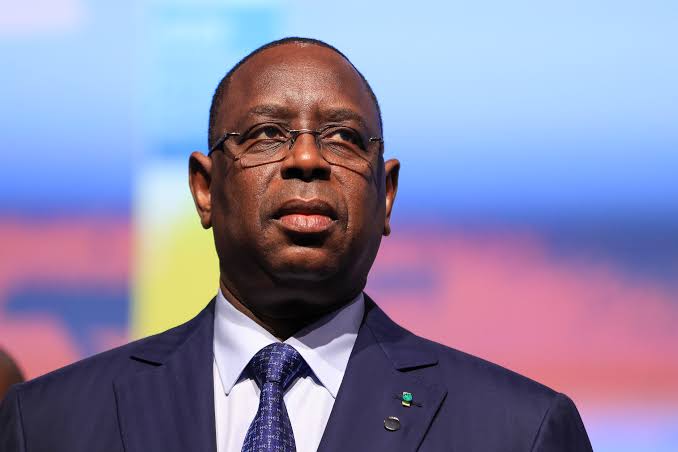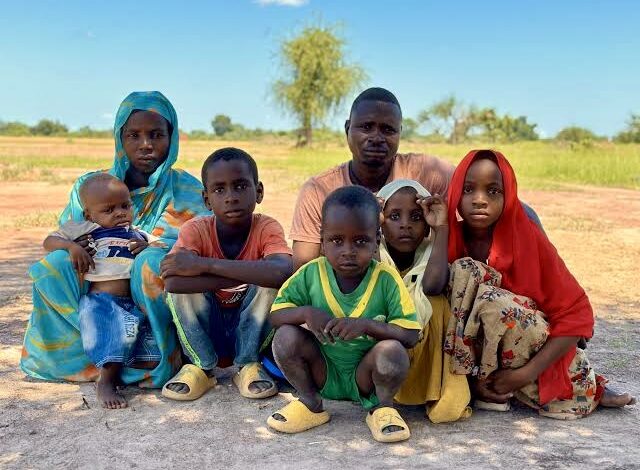
Faith Nyasuguta
Senegal has found itself in the midst of turmoil as protests have erupted against President Macky Sall’s decision to postpone the presidential election, resulting in the government restricting access to mobile internet.
The capital city, Dakar, witnessed heightened tension as lawmakers convened to vote on a bill suggesting a six-month delay to the presidential poll, an announcement made by President Macky Sall on Saturday.
The proposed bill, if approved, would push the next likely election date to August, four months beyond Sall’s scheduled tenure end.
Since Monday morning, Dakar has been a hotbed of activity, with lawmakers engaged in plenary sessions, contributing to the already charged atmosphere in the city. The ongoing debates within Parliament are accompanied by an air of uncertainty as Senegalese citizens anxiously await the outcome of the crucial vote.
Notably, Senegal has never experienced a postponement of its presidential election, making this a historic and unprecedented event. The protests that erupted on Sunday were expected to continue, fueled by opposition leaders condemning the election delay as a “constitutional coup.”
The situation on the ground remains tense and uncertain, with citizens expressing their dissatisfaction with the political developments.
Adding to the complexity of the situation, the Ministry of Communication, Telecommunications, and Digital Economy announced the restriction of mobile internet, citing the “dissemination of several hateful and subversive messages relayed on social networks in the context of threats and disturbances to public order.”
This move raises concerns about information flow and freedom of expression during a critical juncture in the country’s political landscape.
President Macky Sall attributed the election postponement to a dispute between the judiciary and parliament over the disqualification of certain candidates and the reported dual nationality of some qualified candidates. The issues surrounding candidate eligibility have been a source of contention, contributing to the ongoing political tensions within the nation.
This recent episode of political unrest is not the first for Senegal. In June of the previous year, authorities cut internet access on mobile phones when supporters of disqualified opposition leader Ousmane Sonko clashed with security forces.

The recurrence of such measures highlights the fragility of the political climate and the government’s response to public dissent.
Analysts are closely monitoring the situation, recognizing that the crisis in Senegal could have broader implications for West Africa’s stability. This comes at a time when the region is grappling with an increase in coups and threats to democratic institutions.
The unfolding events in Senegal raise questions about the trajectory of political stability in the broader West African context.
Senegal faces a multifaceted crisis involving political tensions, protests, and a historic postponement of its presidential election. The government’s decision to restrict mobile internet access adds another layer of complexity, raising concerns about information flow and freedom of expression.
As the nation grapples with these challenges, the impact on regional stability and democratic institutions in West Africa remains a subject of intense scrutiny and analysis.
RELATED:




